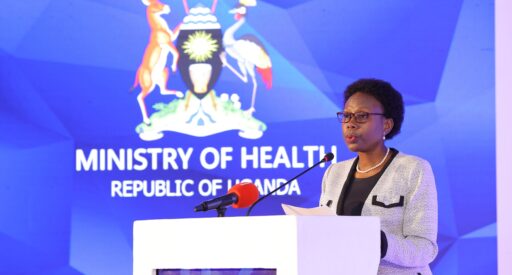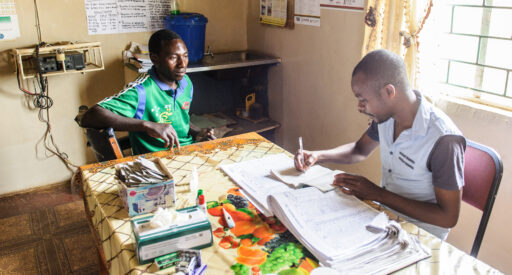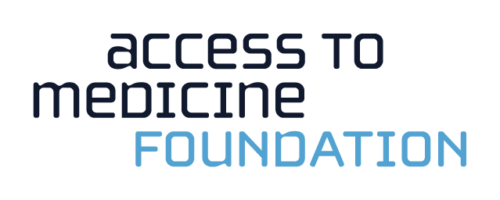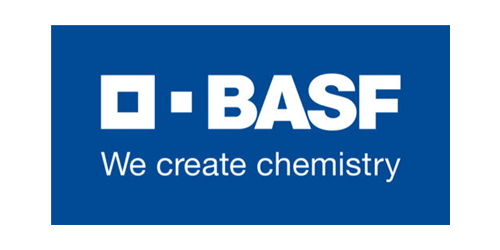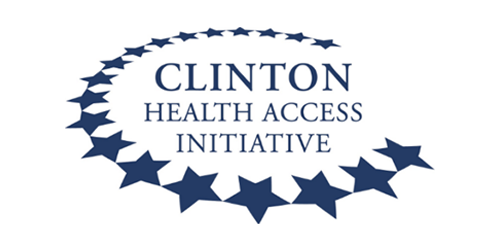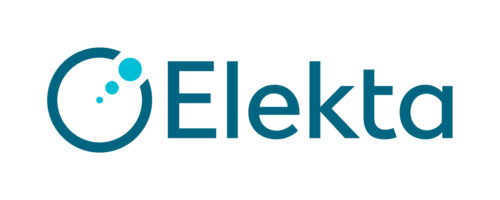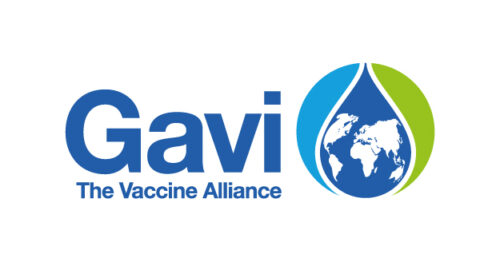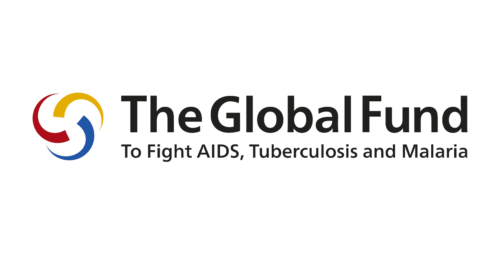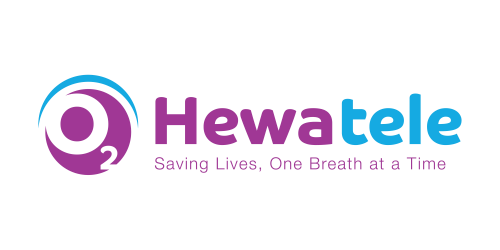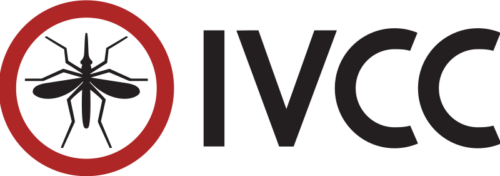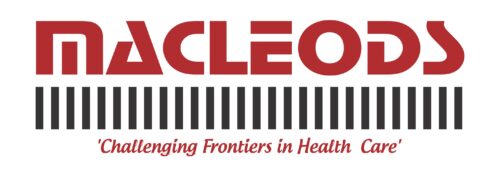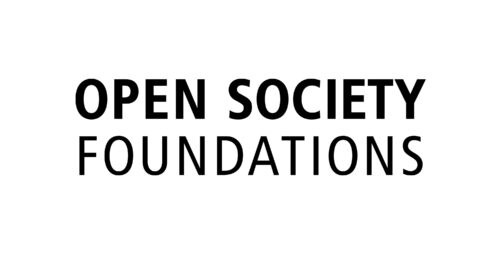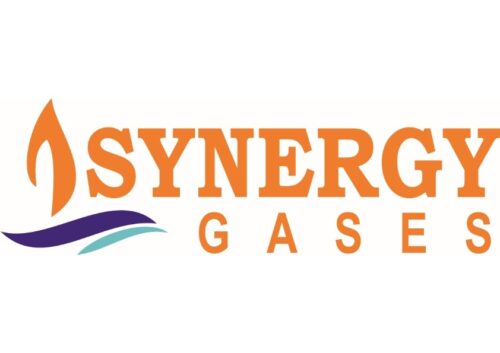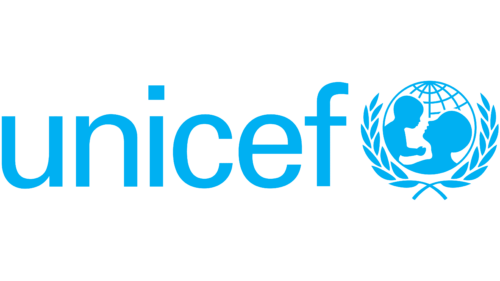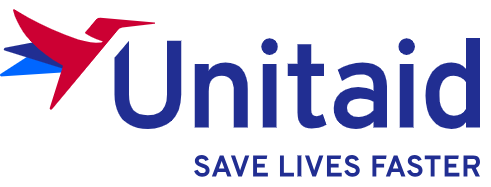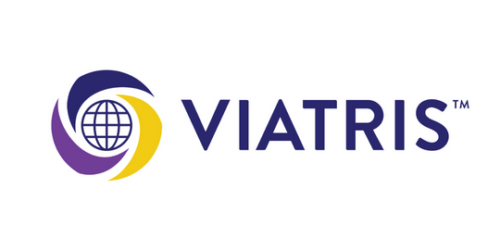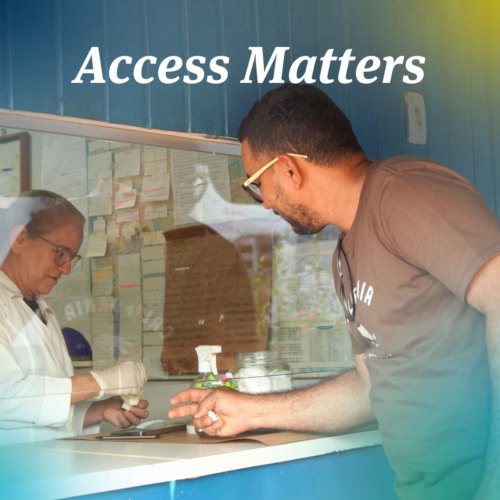HIV self-test
Self-testing enables people at risk of HIV to test themselves quickly, conveniently, and discreetly.
Our volume guarantee enabled Wondfo to offer its HIV self-test at a record low price, which will help national HIV programmes looking to expand use amongst key populations.
Our
partners
The challenge
Public health
HIV causes AIDS, which is one of the leading causes of death by infectious disease. It is estimated that 14% of people living with HIV in 2023 did not know their status, meaning they are not on treatment and are at risk of developing AIDS-related illnesses and unknowingly passing the virus on. Testing is the gateway to accessing HIV prevention, treatment, and care.
Current HIV testing strategies are not effectively reaching priority populations, such as people who use drugs, sex workers and LGBTI people. People from these groups often face stigma, discrimination, and even criminalisation if they seek an HIV test at a clinic. The World Health Organization (WHO) recommends countries implement self-testing as part of HIV testing services.
Market situation
WHO prequalified HIV self-tests have been available since 2016. They are not widely used in lower-income countries because of their historically higher costs compared to professional-use tests offered in health facilities.
Global health organisations have provided a lot of support to introduce and scale-up HIV self-testing, with six suppliers now providing WHO-prequalified tests. However, the market remains dominated by a single company, leading to higher prices and limited use as donors and countries face pressure on HIV budgets.
Impact
By the end of 2024:
An additional
750,000
people tested for HIV
An additional
12,200
people living with HIV starting treatment
$777,000
in savings for procurers
The product
HIV self-tests are safe, easy to use, and provide accurate results in less than 30 minutes.
People will be able to collect self-tests from convenient locations before testing themselves and reading their results in private, when and where they want. This is especially valuable for people at higher risk of HIV who need more frequent testing.
The test requires taking a pinprick blood sample which is tested in the device. If a person returns a positive test, they should seek a confirmatory test with a qualified health worker.
The partnership
MedAccess provided a volume guarantee to Wondfo.
Wondfo committed to launch its newly prequalified HIV self-test at $1 for public sector purchasers in 140 low- and middle-income countries. This will enable national HIV programmes and key partners to scale up HIV self-testing to meet growing demand, enable the expansion to new use-cases for self-testing (e.g. for pre-exposure prophylaxis (PrEP) monitoring) and increase treatment coverage.
CHAI helped facilitate the volume guarantee and supports countries’ adoption of the prequalified HIV self-tests.
Impact projections
Wondfo’s HIV self-test obtained WHO prequalification in July 2022 and national registrations in priority countries are ongoing, helping to build long-term supply security.
Our guarantee enabled Wondfo to reduce the price of its self-test to the lowest on the market, driving competition and setting a benchmark price for future entrants. This brings the price close to that of professional-use tests, giving countries a wider range of options to choose from and the flexibility to design programmes that take advantage of the unique benefits of HIV self-tests.
It also improves the attractiveness of HIV self-tests as an option for expanded use cases where frequent testing is recommended, such as supporting the use of pre-exposure prophylaxis (PrEP).
We project that improved access to self-testing through this partnership will contribute to:
- 8.1 million additional people tested for HIV and an additional 131,000 people starting treatment.
- 33% reduction in HIV self-test price for public procurers.
How we calculate the impact of this agreement
Lives changed
Estimates for test uptake and linkage to care are based on a meta-analysis by Njau et al. Average HIV positivity rates for Africa reported by UNAIDS were applied to estimate people living with HIV identified through testing.
Money saved
Impact is based on comparing the negotiated price to the expected lowest priced equivalent HIV self-test.
Markets shaped
We work with partners, including donors, procurers and ministries of health, to track changes in health markets where our investments are supporting access to products. We monitor for changes to policy, procurement practices and supplier movement, all of which affect markets and contribute to the long-term sustainability of impact.
Sustainable Development Goals (SDGs)
SDG 17
SDG 3
3.3
By 2030, end the epidemics of AIDS, tuberculosis, malaria and neglected tropical diseases and combat hepatitis, water-borne diseases and other communicable diseases
3.8
Achieve universal health coverage, including financial risk protection, access to quality essential health-care services and access to safe, effective, quality and affordable essential medicines and vaccines for all
3.b
Support the research and development of vaccines and medicines for the communicable and non-communicable diseases that primarily affect developing countries, provide access to affordable essential medicines and vaccines, in accordance with the Doha Declaration on the TRIPS Agreement and Public Health, which affirms the right of developing countries to use to the full the provisions in the Agreement on Trade-Related Aspects of Intellectual Property Rights regarding flexibilities to protect public health, and, in particular, provide access to medicines for all
SDG 10
10a
Implement the principle of special and differential treatment for developing countries, in particular least developed countries, in accordance with World Trade Organization agreements
SDG 17
17.3
Mobilize additional financial resources for developing countries from multiple sources
17.6
Enhance North-South, South-South and triangular regional and international cooperation on and access to science, technology and innovation and enhance knowledge sharing on mutually agreed terms, including through improved coordination among existing mechanisms, in particular at the United Nations level, and through a global technology facilitation mechanism
17.7
Promote the development, transfer, dissemination and diffusion of environmentally sound technologies to developing countries on favourable terms, including on concessional and preferential terms, as mutually agreed
17.10
Promote a universal, rules-based, open, non-discriminatory and equitable multilateral trading system under the World Trade Organization, including through the conclusion of negotiations under its Doha Development Agenda
17.17
Encourage and promote effective public, public-private and civil society partnerships, building on the experience and resourcing strategies of partnerships
Discover more about this partnership
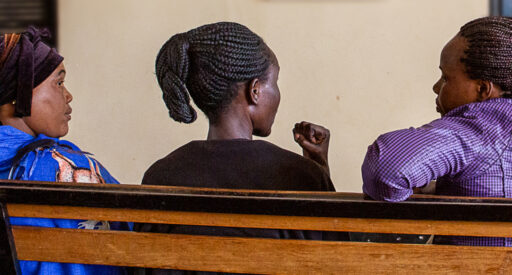
31 July 2022
5 things you should know about HIV self-testing
Key contacts
If you would like more information about this agreement, please reach out to our key contacts.



